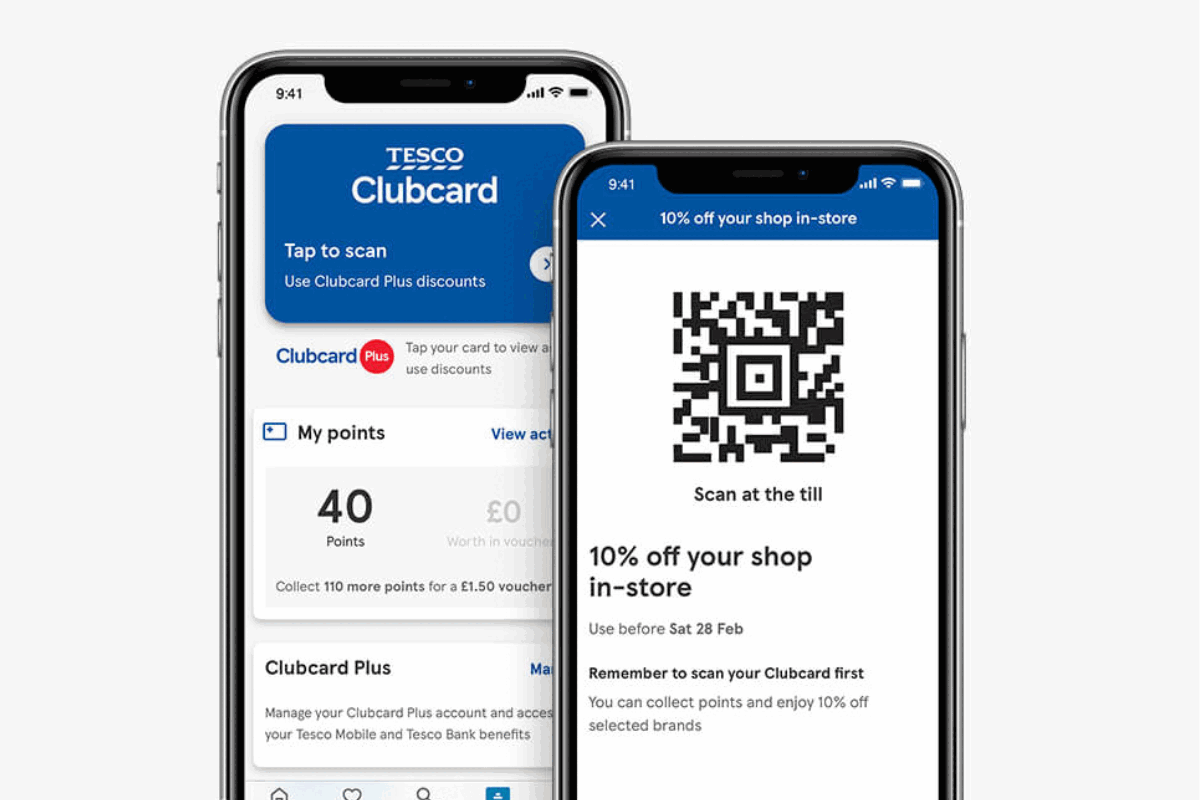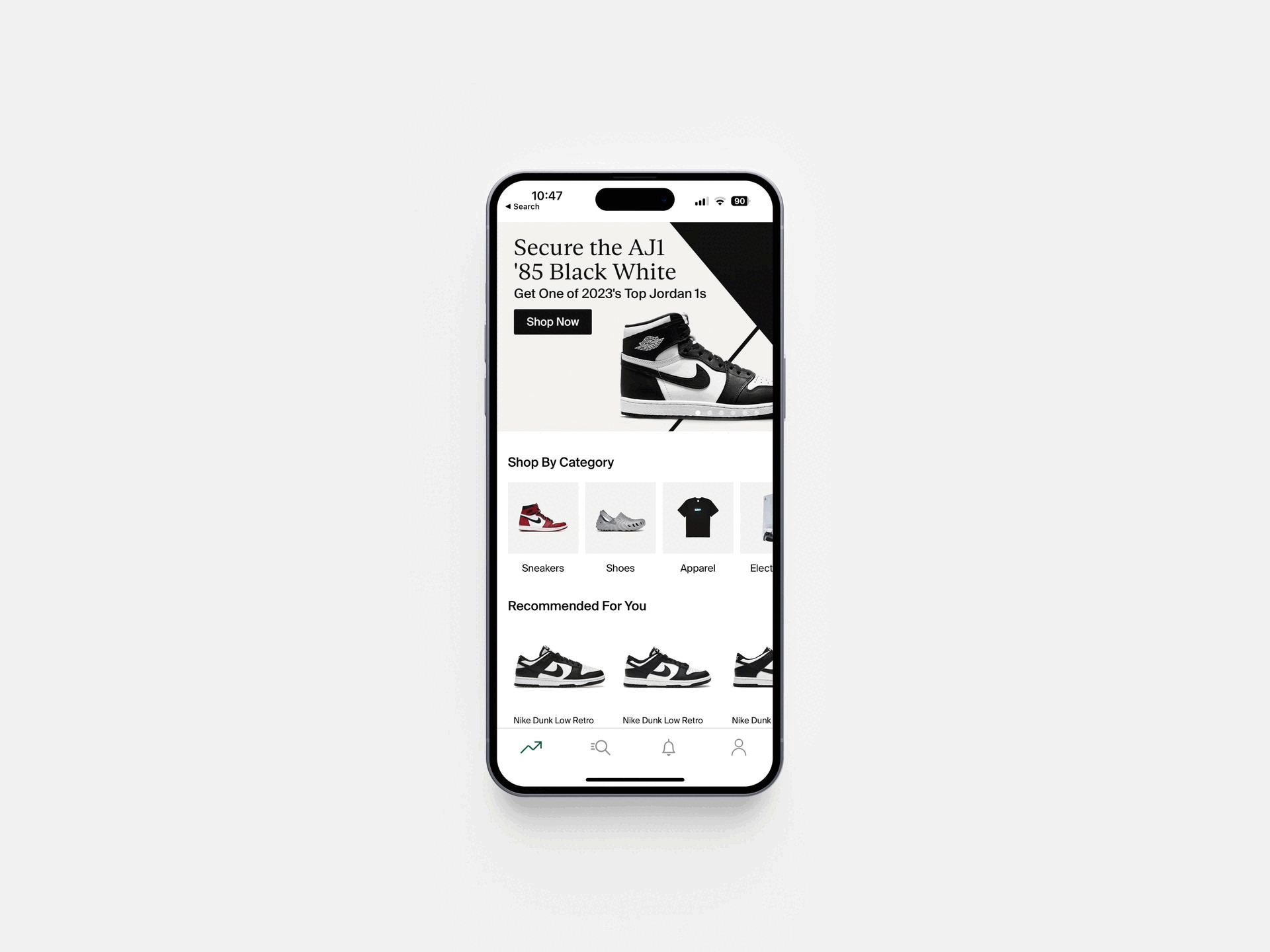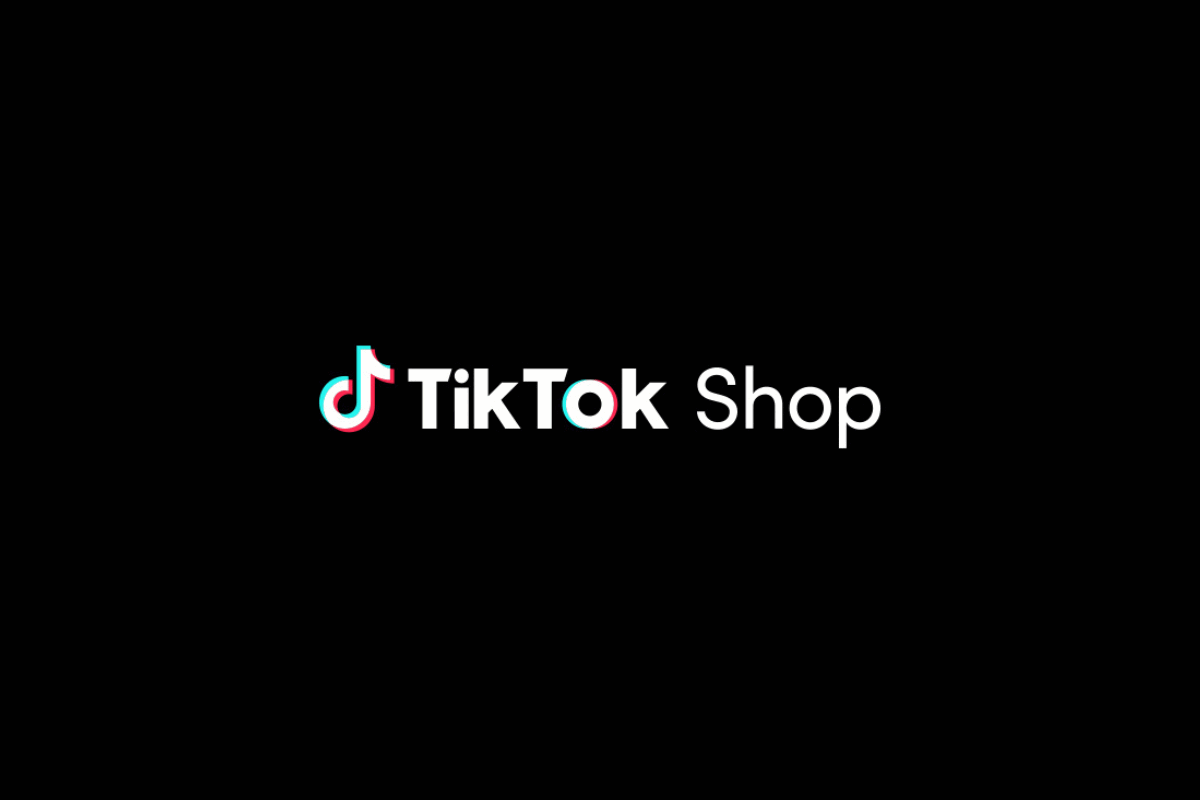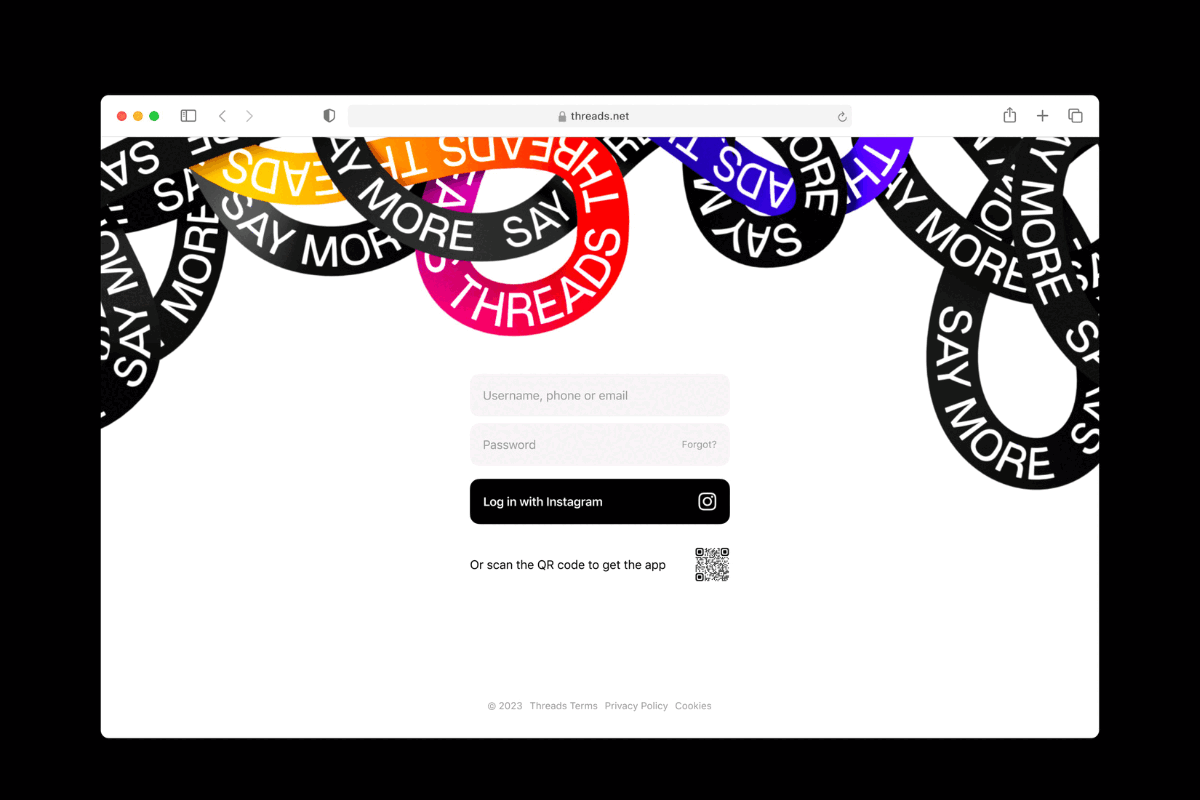Apples iOS 8 is “The Biggest Release Since The Launch of the App Store”
- Sunday, June 1st, 2014
- Share this article:

Looking for in-depth analysis of this news? Read our comment feature, with insight from Forrester, Carat, Mindshare and more – or this weeks Murphy Law column.
Apple has unveiled the latest version of iOS at its Worldwide Developer Conference (WWDC) event in San Francisco. iOS 8 boasts an array of new features, with a strong focus on the growing mHealth market and connectivity with other Apple products, as well as the companys first steps into the interactive home.
The HealthKit app has been rumoured for months now, and enables users to gather information from a multitude of other health apps and fitness devices into a clear, simple overview. It will give developers the opportunity to program apps that communicate with each other, using specific information to create a more comprehensive approach to managing your health.
The app will also enable you to send your health data to participating medical institutions, such as Cambridge University Hospitals within the UK, notifying your doctor if biometric readings, like blood pressure, fall outside of your normal parameters. Dr John Noseworthy, CEO at the Mayo Clinic, said “We believe Apples HealthKit will revolutionise how the health industry interacts with people.”
iOS 8 also introduces HomeKit, which interacts with home automation devices, each of which will have a companion app gathered together under the HomeKit umbrella. This is designed to ensure security, with each device given its own network protocol, meaning only your iPhone can open your locks or your garage door.
HomeKit also enables you to create “scenes”, gathering together several devices for scenarios like leaving the house or getting ready for bed. Combined with integration with Siri, youll be able to lock your doors, dim your lights and turn down the thermostat just by talking to your phone.
Other features introduced include a more interactive Notification Center that enables users to deal with messages and alerts without opening up the app responsible for them, and a new Photo app with enhanced picture editing and iCloud photo library storage across devices. Touch ID, Apples fingerprint reader, is being made available to third-party apps, and Siri has been made completely hands free, with an “OK Google”-style activation phrase, along with support for 22 new languages and streaming voice recognition.
Apple has also introduced Quicktype, an update to their keyboard that supports predictive typing suggestions and learns how users type, with distinctions made between different apps and different contacts. Third-party keyboards will now be able to be installed system-wide, although will have very limited network access to protect keystroke information.
Across Apples keynote speech at the conference, continuity was a big theme, with senior vice president of software engineering Craig Federighi demonstrating how Apple devices running on its new OS could communicate with each other for tasks, so you could begin writing a document on your iPad, and pick it up on your iPhone. This would extend to desktop and laptop computers using your phone as an internet hotspot when wi-fi was unavailable, and being able to pick up calls on your other devices via your phone.
The speech ended with news for developers – who are, after all, the core WWDC audience – with a new SDK (Software Development Kit) rolled out with over 4,000 new APIs, and the announcement that the iOS 8 beta will become available for devs to use beginning today.
The new OS will be made available to the public, as a free update, this autumn.
















